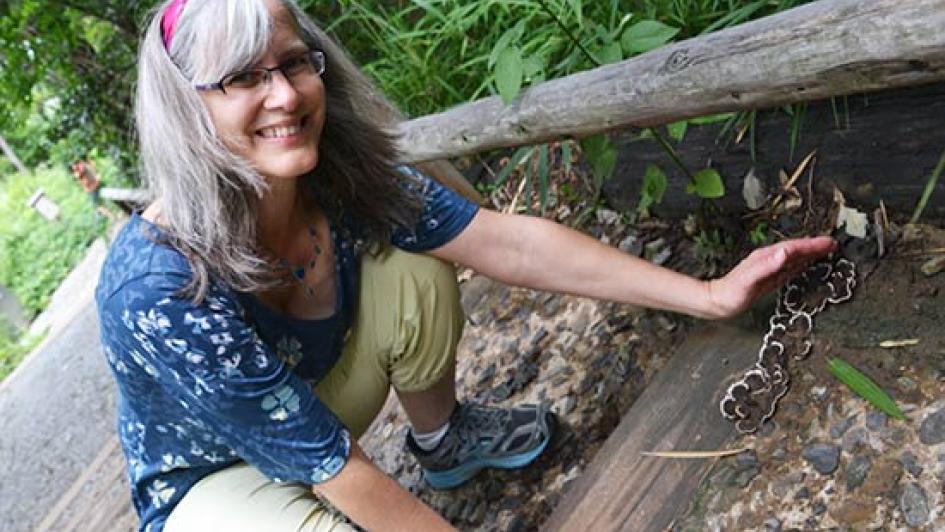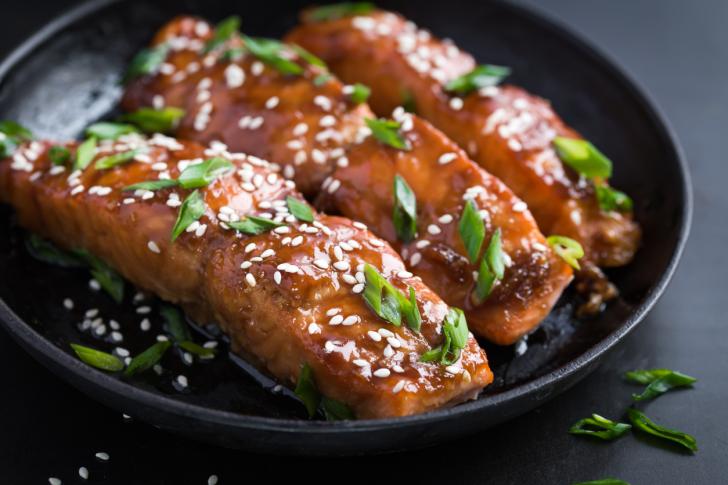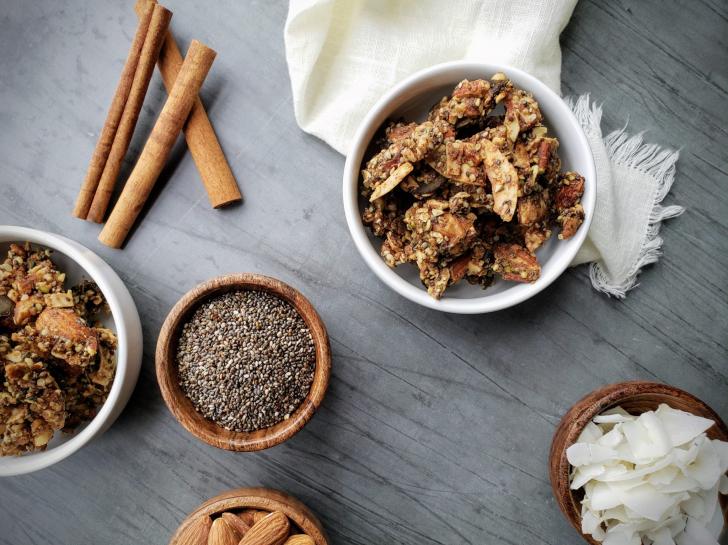Cancer Researchers Present Turkey Tail Findings in Japan

Published
Bastyr University professor and oncology researcher Cynthia Wenner, PhD, recently traveled to Tokyo to present findings about natural cancer therapies. Dr. Wenner spoke to about 100 clinical oncologists from Japan and other parts of Asia in August on the anti-tumor, immune-boosting effects of the extract Polysaccharide K (PSK). The extract comes from the turkey tail mushroom (Trametes versicolor), a traditional East Asian medicine. Bastyr researchers are currently testing PSK in a Phase I/II clinical trial in women with Stage IV breast cancer.
At the annual meeting of the Japan Society of Clinical Oncology, Dr. Wenner spoke about the mushroom extract’s potential to fight breast cancer when used as a treatment in conjunction with chemotherapy and immunotherapies. Her presentation mentioned that the mushroom extract helped increase tumor regression in conjunction with chemotherapy in a mouse model of prostate cancer, findings her Japanese colleagues were interested to hear.
“It was an honor to be invited to give a sponsored lecture at this meeting,” says Dr. Wenner. “The opportunity to present our findings to an international audience is quite important. Having worked as an investigator on the study since 2004, it felt like a fitting conclusion to bring back these positive findings to a group that has access to this mushroom extract and can apply our findings to treatment options in their oncology practices and in doing further research.”
While the U.S. Food and Drug Administration (FDA) has approved Bastyr's clinical trial, it has not approved PSK for medical use in the United States.
Bastyr University researcher Masa Sasagawa, ND, LAc, DC, accompanied Dr. Wenner on the trip and presented his findings to the Kureha Corporation, which manufactures PSK and sponsored both researchers on the trip.
For more information on the ongoing mushroom trials, please see Clinicaltrials.gov.


